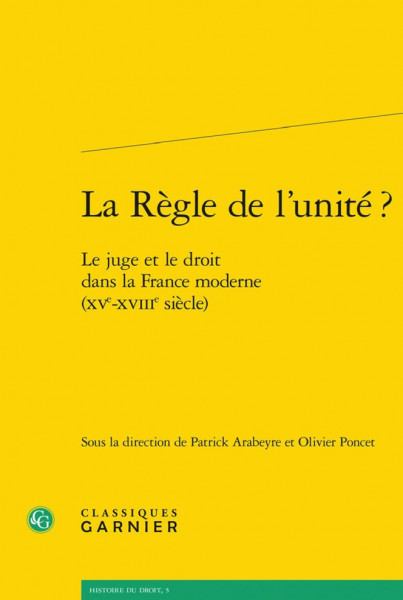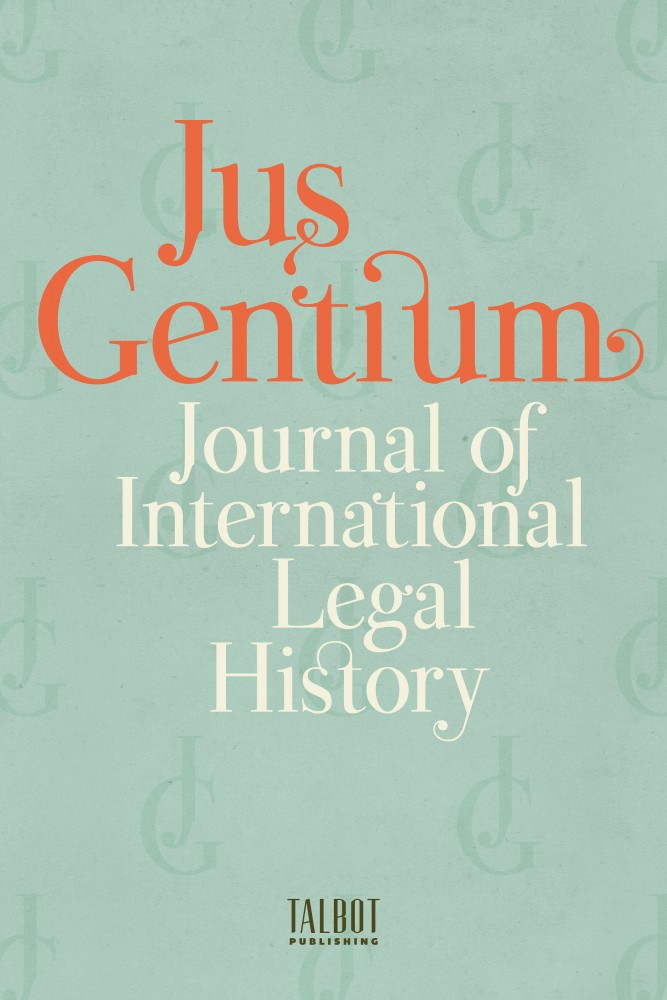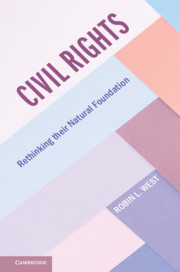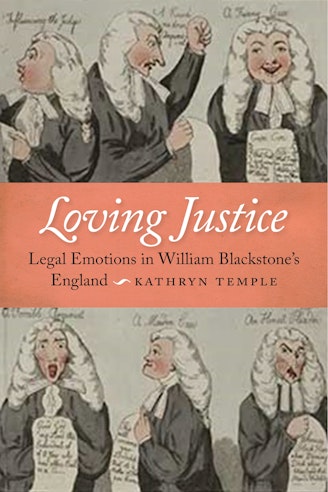(image source: Bayern Radio)
Abstract:
Elapsing in 2019, a century since the creation and implementation of the Weimar Constitution, the Lisbon Geographic Society promotes, in co-organization with the European Centre for the Study of Constitutional History (CHC), with the Institute of Contemporary History (IHC) of NOVA University Lisbon, with the CEDIS – Research Centre on Law and Society of NOVA University Lisbon, and with the Universidade Europeia, the holding of an International Congress dedicated to this event. The Congress will take place on 28 and 29 November, seeking to bring together the contribution of researchers and interested, around the following thematic areas:
I – Weimar Constitution Weimar in constitutional history and historiography II – The historical-political context of the Weimar Constitution III – The Weimar Constitution: sources, works and constituents IV – The organization of political power in the Weimar Constitution V – The fundamental rights in the Weimar Constitution VI – The coeval Constitutions of Weimar: The Constitutions of the End of the Great War VII – The coeval Constitutions of Weimar: The Constitutions of the immediate post War VIII – The influence of the Weimar ConstitutionPractical details:
Experts and interested in participating are invited to send, until September 30, to the congress email: congressoweimar2019@hotmail.com, the theme and the respective abstract (maximum of two pages), accompanied by a biographical note. After examination by the Scientific Council, the authors will be duly notified until October 10. The final program, as well as the volume with abstracts of the communications, will be available from November 9. Participants in the Congress are requested to send their final text by December 31. The official languages of the Congress are Portuguese, Spanish, French, English and German.Scientific Committee:
Profs. Doutores Luís Aires de Barros, Armando Marques Guedes, Diogo Freitas do Amaral, Eduardo Vera Cruz, Fernando Larcher, Isabel Graes, José João Abrantes, Jorge Bacelar Gouveia, Miguel Ayuso, Paula Borges Santos e Pedro Velez(source: calenda)





















